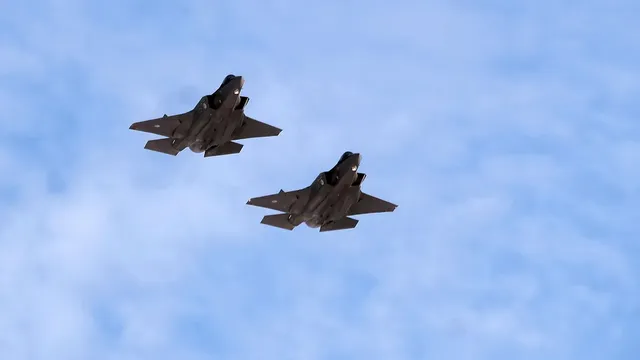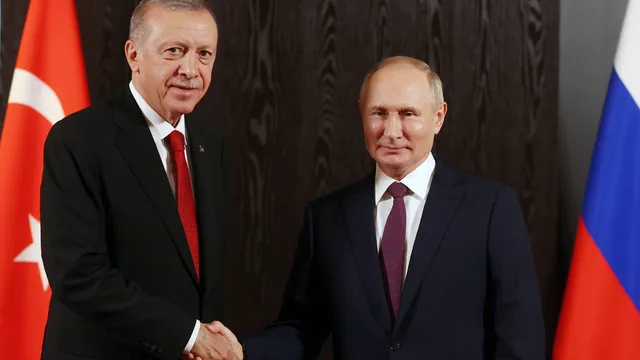During the special summit in Brussels on March 6th this year on Ukraine, Greek Prime Minister Kyriakos Mitsotakis was quick to welcome the new European defence policy, in particular the opt-out clause in the Stability and Growth Pact, which allows member states to increase their military spending.
Greece did not wait for the ReArm Europe project and the tensions linked to the war in Ukraine to rearm. A few months ago, the authorities in Athens announced an unprecedented reform of the defence system.
In November 2024, Greek Defense Minister Nikos Dendias told parliament that the coming years would be "historic" for the defense forces, both in terms of quality and quantity. The main objective of this major overhaul is to modernise the military arsenal to "meet the demands of the 21st century", but also to optimise costs.
According to government sources, the €25 billion defence plan, spread over twelve years (2025-2036), will be presented to parliament on 2 April. Described by a government spokesman as "the biggest reform in the country's history", the plan boasts consensus among all political parties, despite the fact that Greece, which has systematically allocated more than 3% of GDP to its armed forces each year, has for several decades had one of the largest defence expenditures in NATO on this scale.
This trend persisted even in the years of the debt crisis (2008-2018), during which the defence budget declined relatively but never fell below 2% of GDP, which was still higher than the European average during this period. The main reason for this chronic overarmament is tensions with historical rival Turkey. Just two years ago, following a dispute over airspace in the Aegean, Turkish President Recep Tayyip Erdogan threatened to "suddenly arrive in the middle of the night" to invade Greece. Despite the relative calm shown by the leaders of the two countries over the past year, Greek-Turkish maritime and air territorial differences still poison relations between the two countries, and Greeks are far more worried about Ankara's ambitions than Moscow's.
In addition to acquiring new submarines, helicopters, combat vehicles and frigates, and upgrading several pieces of equipment in the air and naval fleets, the new €25 billion plan includes the purchase of 20 US F-35 fighter jets for €4.6 billion. Another 20 F-35 fighter jets will be ordered in the period up to 2036. This acquisition is intended to balance air security in the Aegean against Turkey, which has so far failed to obtain any from the US until it gives up the S-400 systems purchased from Russia.
Inspired by "the lessons of the Ukraine conflict", the reform also aims to reorient Greek military strategy to maintain a "technological edge" over Turkey. Highlights include massive purchases of drones, a sector in which the neighbouring rival has excelled in recent years, becoming the world's leading exporter of armed drones, particularly with the production of the Bayraktar TB-2. We must enter the era of drones," Dendias urged in November. "Another of the reform's flagship projects is the creation of the 'Achilles Shield,' an air defense missile and anti-drone dome to be deployed on islands in the Aegean Sea, modeled after Israel's Iron Dome." According to the Greek press, Greece and Israel are in "advanced negotiations" for the purchase and development of this two billion euro defence system, which is due to be commissioned in February 2026.
Greece is also keen to emphasise its "cyber warfare capabilities", with military telecommunications protocols to be changed "soon". "We need to move to secure satellite communications. The establishment of an independent Greek satellite is essential. The potential threat already has two satellites," Nikos Dendias told parliament in November, apparently referring to Turkey.
Finally, this major reform also aims to optimise defence-related spending, with the aim of saving two billion euros over ten years. This includes improving and modernising the training of recruits - conscription in Greece is still compulsory - and closing 137 of the 800 barracks in Greece within a year, which is more than in the United States. | BGNES

 Breaking news
Breaking news
 Europe
Europe
 Bulgaria
Bulgaria







